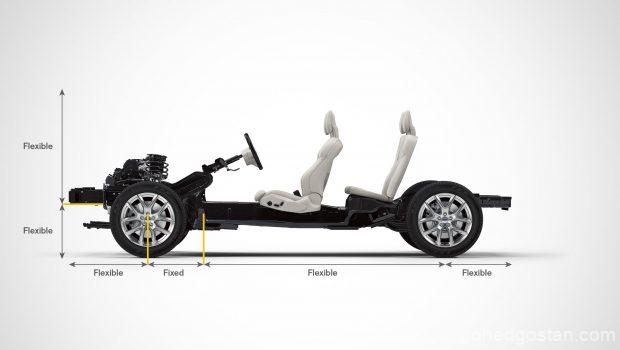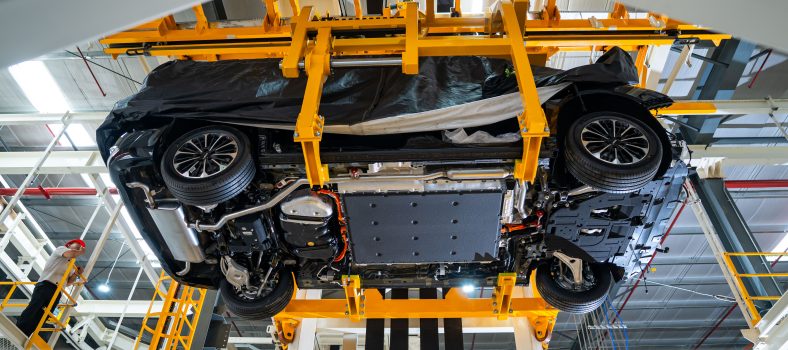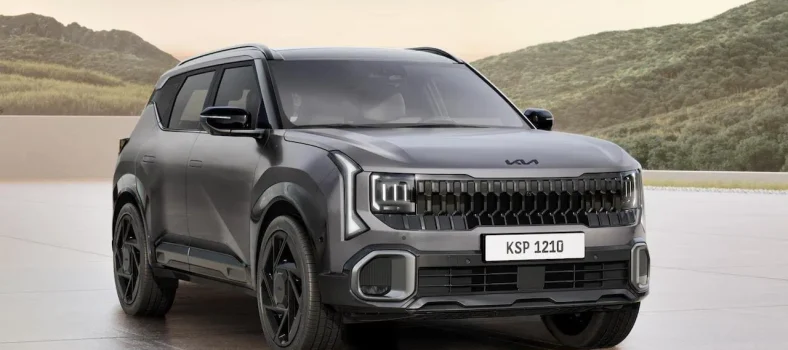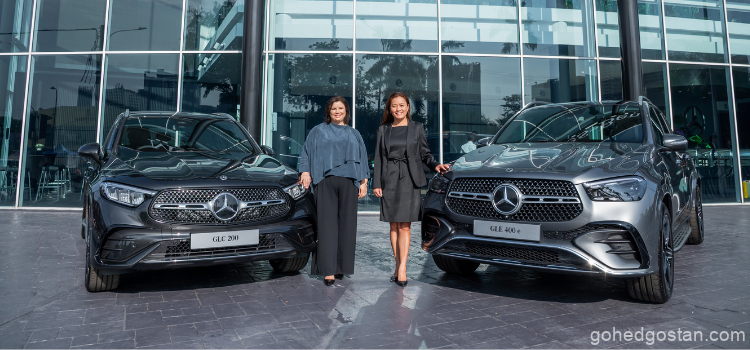600,000 Kenderaan Berasaskan Platform Volvo CMA Sudah Dijual Sejak 2017
Volvo Cars hari ini menghasilkan kenderaan di dua platform: Scalable Platform Architecture (SPA) dan Compact Modular Architecture (CMA). Sambil SPA menyokong kenderaan yang lebih besar seperti S60, XC60, S90 dan XC90, CMA hanya digunakan untuk Volvo XC40 setakat ini.
Namun, kerana CMA dikembangkan bersama dengan Geely, jenama lain dalam keluarga dapat mengaksesnya, seperti Polestar dan Lynk & Co. Akibatnya, hanya dalam 3 tahun yang singkat, lebih dari 600,000 kenderaan berdasarkan CMA telah terjual.

CMA adalah asas kereta seperti Lynk & Co 01, 02, 03 dan 05. Ia juga merupakan ‘tulang belakang’ kenderaan elektrik tulen seperti Polestar 2 dan XC40 Recharge.


KENYATAAN MEDIA
Volvo Car Group, including its strategic affiliates Lynk & Co and Polestar, produce vehicles based on the Compact Modular Architecture (CMA) platform, introduced in 2017. To the end of July more than 600 000 group vehicles based on the platform have been sold.
The CMA platform, co-developed by Volvo Cars and Zhejiang Geely Holding (Geely), is an excellent example of the joint development, production and procurement achieved since Geely’s acquisition of Volvo Cars on August 2, 2010.
The platform debuted in 2017 with the hugely-popular Volvo XC40, and due to its modular design, was used to create the Lynk & Co 01, 02, 03 and 05, as well as the pure electric 2020 Polestar 2 and Volvo’s first all-electric model, the XC40 Recharge.
Deliveries of the new CMA-based Polestar 2, which will begin in August, will continue to drive sales on this successful platform.
Since the acquisition by Geely ten years ago, Volvo Cars has completely renewed its product portfolio of SUVs, estates and sedans, and became the first traditional carmaker to commit to all-out electrification, supported by the introduction of its Recharge range. The range offers a PHEV option on all of Volvo car models, with the aim that by 2025, half of its global sales volume will consist of fully electric cars, with the rest hybrids.
The CMA platform is the foundation for the new Volvo XC40 Recharge; the first of Volvo’s fully-electric Recharge range. Deliveries of the XC40 Recharge will start this fall.
Over the past decade, Volvo Cars has transformed its business to become a truly global player in the automotive industry. It has grown its global sales from 449,255 in 2011 to over 700,000 in 2019, more than doubled its revenue from SEK 126 billion in 2011 to SEK 274 billion in 2019, and strengthened its operating profit from SEK 1.6 billion in 2011 to SEK 14.3 billion in 2019.
The company also expanded its manufacturing and R&D network across the globe: while it started out with two manufacturing plants and an engine plant in Europe, it now has four additional manufacturing sites and an R&D centre in China, as well as a manufacturing plant in the United States.
In the coming years Volvo Cars aims to establish itself as a leader in electrification and by 2025, it wants half of its global sales volume to consist of fully electric cars, with the rest hybrids.
It also aims to establish millions of direct consumer relationships through new forms of mobility, and it expects to play a leading role in the safe introduction of autonomous drive technologies.
These and other ambitions have been made possible and credible thanks to the establishment of a sustainable and profitable business model over the past decade, providing Volvo Cars with a solid platform for further growth.






No Comment